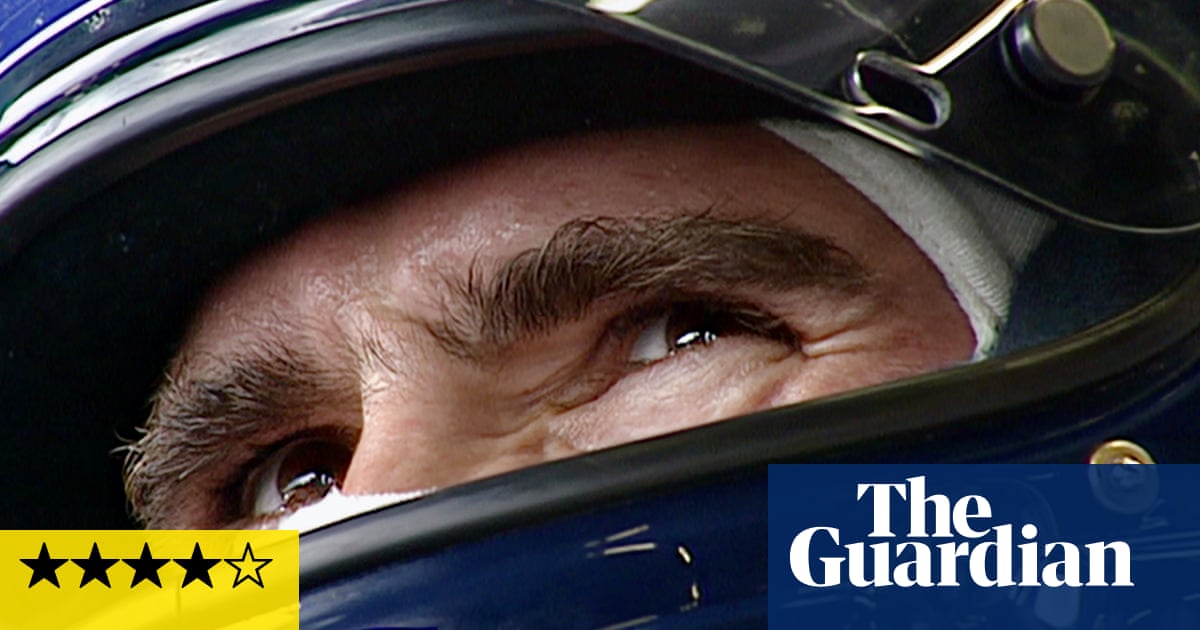Just as Damon Hill played second fiddle at Williams Racing to Ayrton Senna, this film follows in the wake of Asif Kapadia’s 2010 high-octane, high-tragedy single-namedocumentary Senna. Where that film was all raw, experiential cinematic chicanery, Alex Holmes’s film is more traditional, rooted in interviews with Hill and his wife Georgie. However it has quieter, but equally profound, lessons to impart in its emphasis on the driver’s need to live up to hisroistering father Graham, and on the real meaning of victory in the most alpha of environments that is Formula One.
“It’s almost like I was trying to get back to the start again – get back to the place where it all went off the rails.” That’s the quasi-mythological racing line taken here; Hill is referring tothe premature death in 1975of his championship-winning dad aged 46 in a plane crash, which also financially ruined his family. But his redemption doesn’t go smoothly. After Hill sidles into the sport by becoming test driver for Nigel Mansell, team principal Frank Williams constantly doubts that he has the right stuff. Consigned to the support driver slot when he finally makes the team, more ruthless operators, Senna and Mansell included, are always circling.
So the film is a compellingly intimate duel with fear and failure. Hill struggles with the intensity of F1 in his early seasons. He comes within a whisker of beatingMichael Schumacherin the 1994 season before the latter appears to sabotage him in the climactic Australian grand prix. Their rivalry psychologically destabilises Hill in 1995, when he is goaded into a series of angry crashes. His team-mate Senna’s death the year before also still looms, with the Englishman internalising it as motivation to secure the championship for Williams.
Holmes makes a few deft visual touches to convey the psychological pressure cooker that Hill inhabited, intercutting between footage of Senna’s and his father’s funerals and employing swirling-vision filters on traumatic childhood footage. And, concluding that he cannot rewrite the past, Hill finds an escape hatch. Sidelined again by Williams before a pivotal Japanese grand prix, racing purely for himself, there’s an almost Matrix-like moment of inner liberation when Hill feels higher forces are in control of the car. When he finally wins the championship in 1996, it almost seems secondary; the film chronicles the self-doubt that was his real starting grid and shows the podium isn’t the only place it can be cured.
Hill is on Sky and NOW on 2 July.
